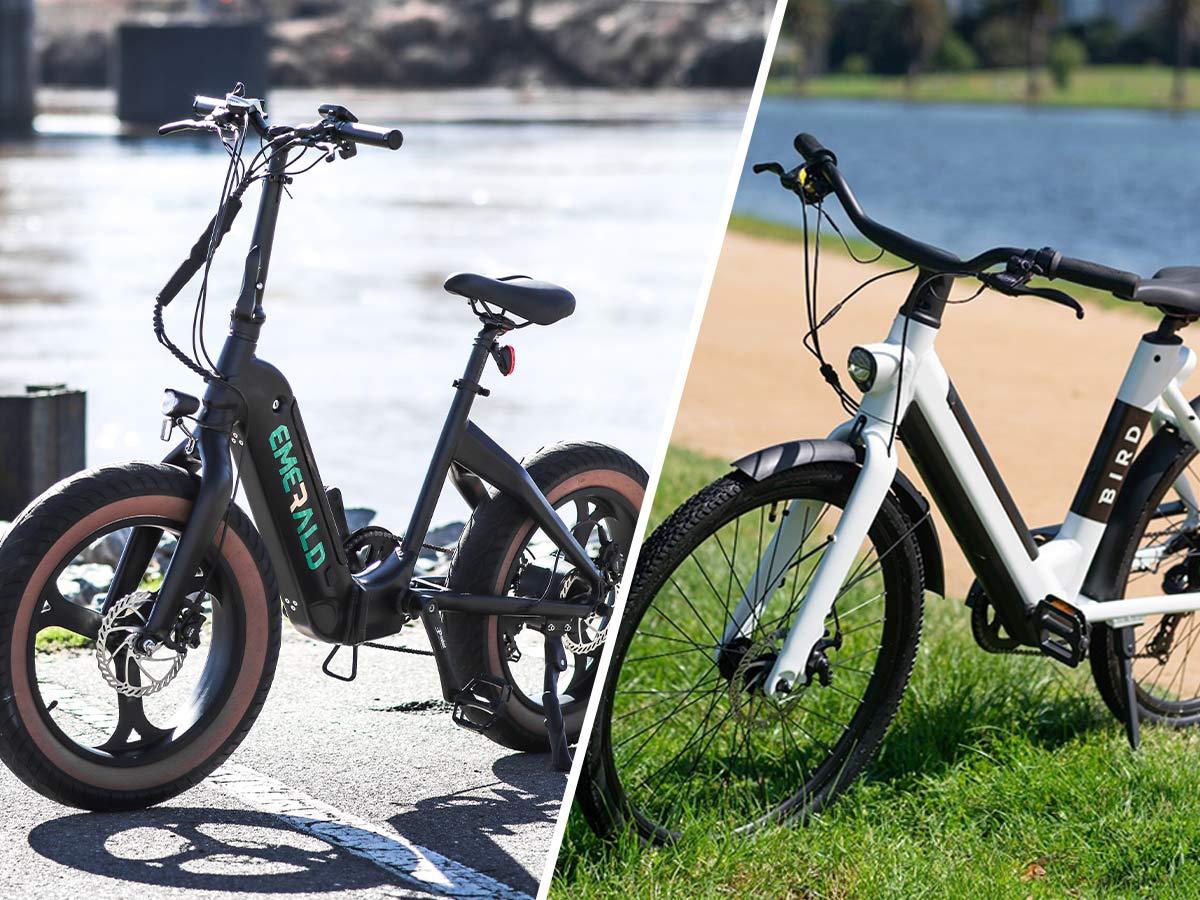Online Banks vs. Brick-and-Mortar: Time to Switch?

Online banks have been around for awhile now, but some people still wonder if they’re as legitimate as brick-and-mortar establishments. Whether you’re thinking about switching or looking for your first bank, we’re comparing online and traditional banks to see which is best for your lifestyle.
Customer Service
Before you choose a bank, you should heavily consider the customer service of the company you’re trusting with your money. No one wants something bad to happen to their account, but it isn’t uncommon for someone to have an issue. You could have your card skimmed, or face a fraudulent charge or a fee you don’t understand. Most people like visiting a physical location to fix issues in person, as fast as possible.
Online banks don’t give you the opportunity to has things out in person. You don’t have a choice but to call or chat to receive assistance. Online banking customer service can be hit-or-miss just like regular banks’ can. But some customers enjoy the ease of visiting a local bank rather than calling in. It pays to research the customer service satisfaction of your bank before choosing a company.
Fees
Online banks have come up in an age where peoples’ frustrations with traditional banking are well-known. By now they’re known for having lower fees than brick-and-mortar establishments, especially if they’re credit unions. Brick-and-mortar banks generally have account fees. You can stave them off by maintaining a certain amount in the account, or receiving a high enough direct deposit once per month. But by and large, you’re looking at a scenario where the people who have the least pay the most to have a bank account.
Even though online banks are less likely to charge these sorts of fees, it’s always important to look at your fee schedule once a year. By checking your fees on a yearly basis, you are more likely to catch fees that may start applying to you, or new fees your bank introduces.
ATM Access
Sure, we live in a world where you can plug a credit card reader into your cell phone, which is amazing. But sometimes you still need cash, and that means finding an ATM. Online banks may have lower fees, but you can still find yourself paying quite a bit for ATM fees. Not only will you pay the ATM fee, but some banks also charge their own fee to allow you to pull money from a machine that isn’t registered with them. Those costs can add up if you need cash on a regular basis. Some may waive those fees for you, instead. But this is definitely something to be aware of as you shop around.
Brick-and-mortar banks are more likely to have ATMs around that won’t charge you. Customers always have the option to visit their local establishment, or your bank may have ATMs installed in convenient places for customers to avoid fees.
Security
How safe is your money? Security may be a concern for those that choose an online bank over a traditional establishment. But online companies will often take the same measures brick-and-mortar banks do, including encrypting your data and requesting personalized codes. And banks that grew up in the age of the Internet are sometimes better-equipped to meet the challenges of online security than banks that had to adjust after the fact.
Regardless of which method you choose, you should make sure that your bank is insured by the Federal Deposit Insurance Corporation (FDIC). You can check by going to the FDIC website and ensuring that your money is protected if the bank fails. Even the biggest names in banking have had problems, and insurance guarantees you won’t lose any of your funds.






